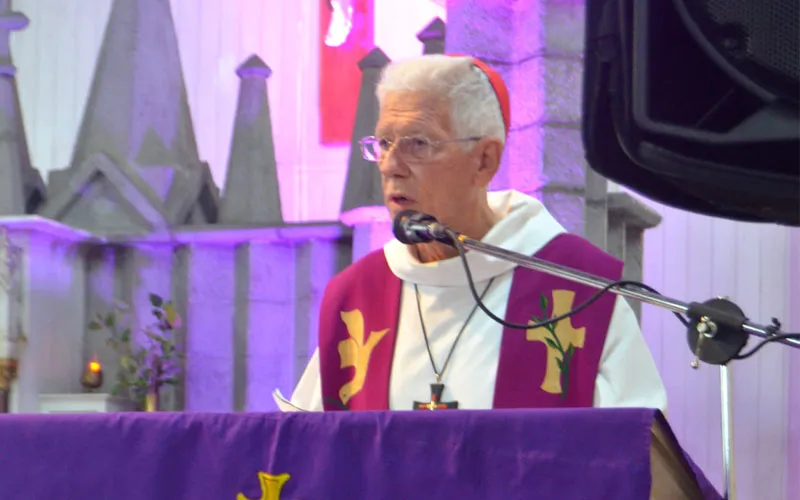Port Louis, 06 March, 2021 / 5:23 pm (ACI Africa).
The head of the Catholic Church in Mauritius has defended church leaders in the Indian Ocean Island nation against accusations of interfering with the running of the country noting that they cannot “remain indifferent.”
In an interview with weekly La Vie Catholique, the Bishop of the country’s Port Louis Diocese, Maurice Cardinal Piat said that while church leaders “should not interfere in party politics,” it cannot be that they “remain indifferent to the political question, in the sense of the life of the city, of the country.”
“At this level, many questions arise, which all citizens, including Christians, must remain very vigilant: for example questions relating to corruption, freedom of expression, social justice, discrimination, great poverty, drugs, access to housing and work etc.,” Cardinal Piat said in the interview published on the website of his Diocese, Tuesday, March 2.
Responding to the claim by the journalist that the Mauritian government “is not always happy with his positions,” the Cardinal said, “My speeches can upset the authorities in place or please an opposition seeking support, or vice versa. But when I speak, I do not speak to please or to flatter the government or the opposition.”
“My concern is to contribute to the common good of the whole of Mauritian society,” the member of the Congregation of the Holy Spirit (Spiritans) said.








